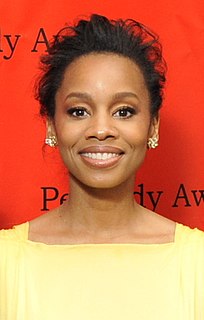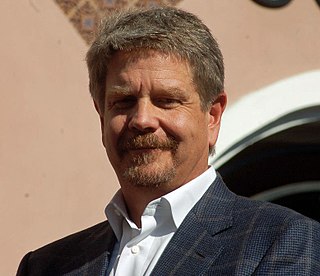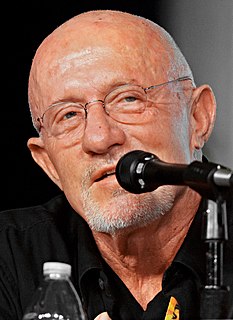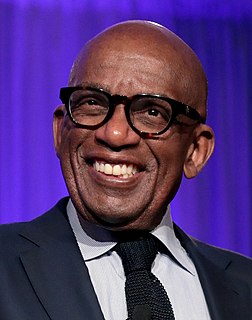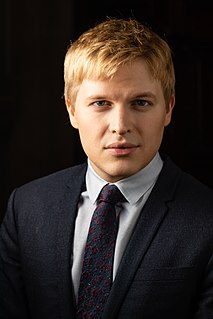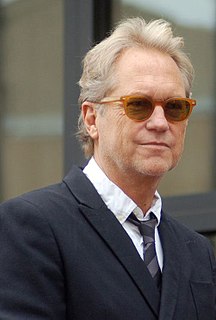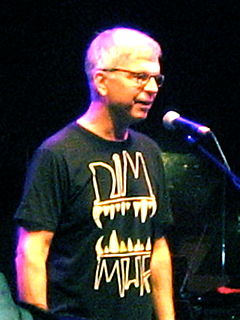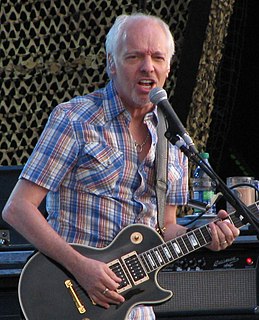A Quote by Anika Noni Rose
The seventies was a time when a lot of people didn't tell their children they were adopted.
Related Quotes
I go to Malawi twice a year. It's where two of my children were adopted from, and I have a lot of projects there that I go and check up on and children who I look after. It's sort of a commitment that I've made to this country and the hundreds of thousands of children there who have been orphaned by AIDS.
Both of our children are adopted, and my wife and I didn't go out of ways to find kids that looked like us. We were just happy to have some kids. And people tell me all the time that they look like us, and that's because they learn to smile and laugh and move their head a certain way from studying their parents' faces.
We already had an adopted daughter, 10-year-old Courtney, from my previous marriage. To me, there is no difference between 'natural' and 'adopted.' My own childhood showed me that when it comes to loving your kids, concepts like that don't apply. I was the oldest of six, and three of my siblings were adopted. Mom and Dad even took in foster children. 'There are no limits to how much you can love,' Dad always said.
I was adopted. I was born in Edinburgh, and adopted when I was about two weeks old. And it's a good thing, I think, really, that back then, in '75 when I was born, you were really given a lot more information than you're given now when you're adopted. And you know, you can access that information when you're older.
Every time I meet the CEO of a record label I tell them how they did it in the seventies because they want to know. I tell them, "Sign a hundred people! Throw it against the wall and see which ones stick!" And they frown and say, "Oh, we can't do that!" and they start mumbling about demographics and this and that.
